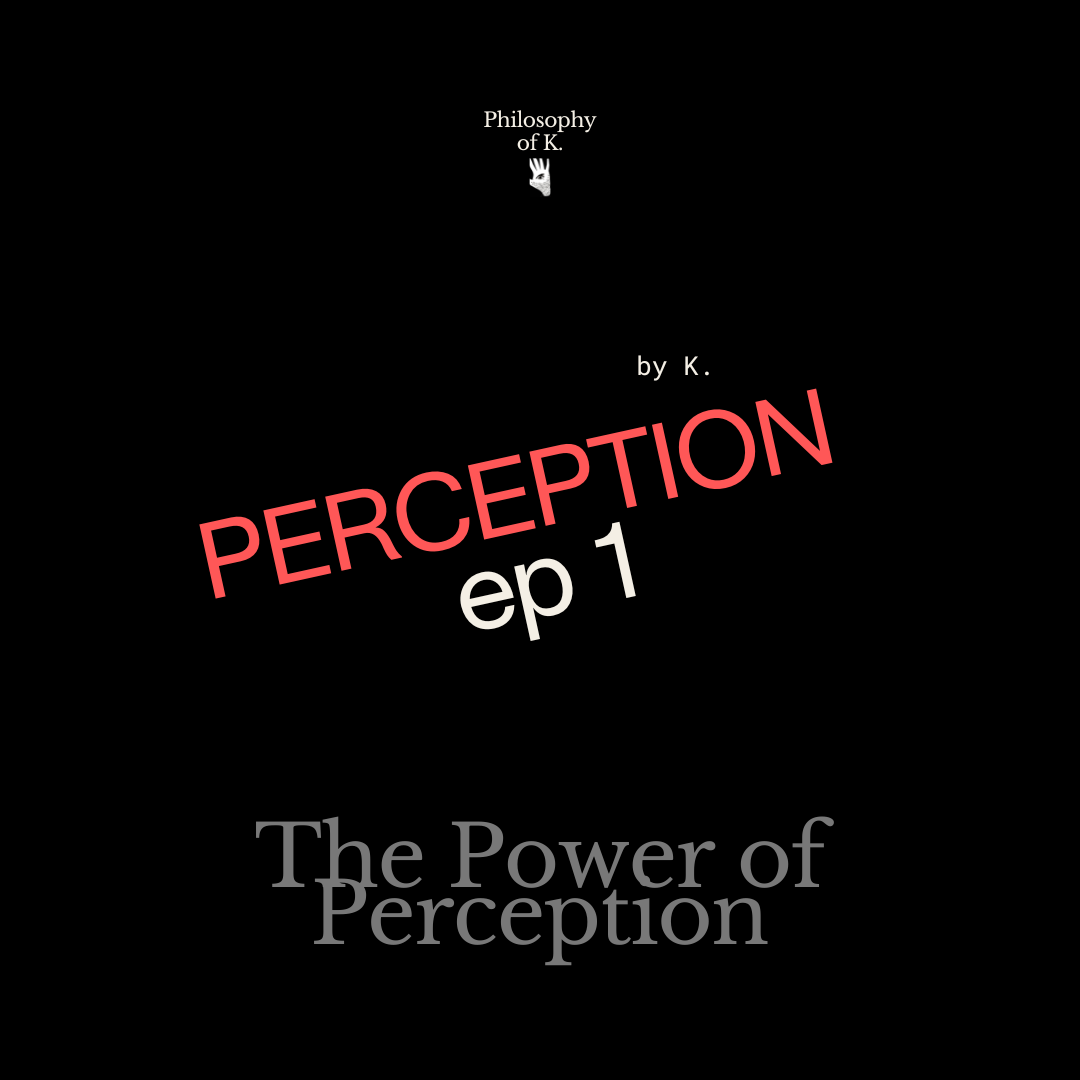The Power of Perception: How Control Over Appearances Shapes Influence
PoojaShare

The Power of Perception: How Control Over Appearances Shapes Influence
In the corridors of influence, perception often dictates reality. Those who understand this wield an invisible but formidable force. They shape not only how others see them but also how events unfold in their favor. To control perception is to control outcomes. To ignore it is to relinquish power. This subtle truth, often overlooked, can determine whether one commands authority or fades into obscurity.
Through the contrasting stories of Mr. M. and Mr. Y., we explore how the mastery of appearances transforms influence into power.
Mr. M.: The Peril of Ignoring Perception
Mr. M. was a man of results. His actions spoke volumes—or so he thought. He believed that tangible success would naturally garner respect and trust. It was a grave miscalculation.
Leading a critical project, Mr. M. achieved unprecedented results. But whispers of instability and discontent began to circulate. A missed meeting here, an unaddressed concern there—small cracks that grew into gaping holes. He brushed them off, confident that his achievements would drown out the noise. They did not.
In the court of public perception, silence is rarely neutral. The absence of a controlled narrative allowed others to shape it for him. Soon, his successes were overshadowed by a perception of arrogance and detachment. Though his results were stellar, his influence crumbled.
Mr. M. learned the hard way that reality, without perception, is powerless.
Mr. Y.: The Master of Appearances
Unlike Mr. M., Mr. Y. understood the delicate interplay between action and perception. He knew that control over appearances could amplify his influence tenfold. His every move was calculated, not in a deceptive way, but as an expression of intentionality.
When faced with a public challenge from a rival, Mr. Y. did not retaliate emotionally. Instead, he projected calm, measured confidence. He framed his response in a way that showcased strength and foresight. His calmness under pressure became the story, eclipsing the rival’s attempts to undermine him. Observers saw a leader who thrived under fire, not a man under attack.
In private, Mr. Y. addressed the root cause of the challenge, but he ensured that his actions were consistent with the image he had cultivated. By controlling both reality and perception, he not only weathered the storm but emerged stronger.
Principles of Perception in Power
The contrasting paths of Mr. M. and Mr. Y. reveal timeless truths about power and perception:
1.Control the Narrative: Perception abhors a vacuum. If you do not define your narrative, others will—often to your detriment. Speak deliberately, but ensure your words align with the image you wish to project.
2.Project Calm Under Pressure: How you respond in moments of crisis reveals more about your character than the crisis itself. A composed demeanor radiates strength.
3.Create Intrigue: Mystery compels attention. By withholding just enough, you invite curiosity while maintaining control.
4.Amplify the Positive: Celebrate your wins subtly but strategically. Let your successes speak loudly enough for others to echo them.
Reflections on Perception’s Power
The power of perception is neither inherently good nor bad; it is a tool. Like fire, it can warm or consume. The difference lies in the wielder’s intent. To master perception is not to deceive but to align appearances with substance. As Mr. Y. demonstrates, authenticity paired with intentionality creates enduring respect.
In contrast, Mr. M.’s downfall was not due to lack of skill but to neglect of this vital truth: people act not on what is real but on what they perceive to be real. Understanding this distinction is the cornerstone of influence.
Practical Applications of Perception
- In Leadership: A calm and composed leader inspires trust, even in turbulent times. Remember, people look to leaders for stability, not chaos.
- In Relationships: Perception shapes how others view your intentions. Consistency and transparency build lasting bonds.
- In Personal Growth: Cultivating self-awareness allows you to align your actions with the image you wish to project.
A Philosopher’s Closing Thought
Perception is a mirror, reflecting both the truths we embody and the illusions we project. To navigate life’s complexities, one must not only act with integrity but also ensure that integrity is seen. Power lies not just in doing but in being perceived as capable of doing.





